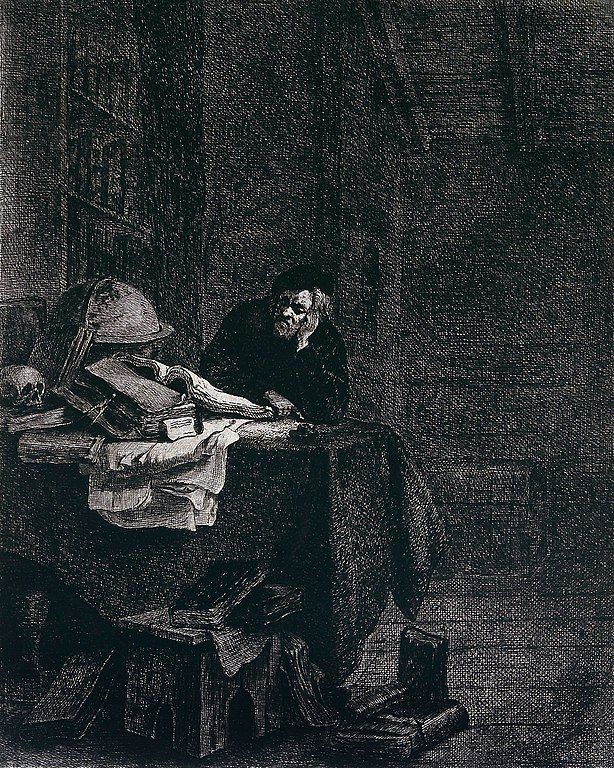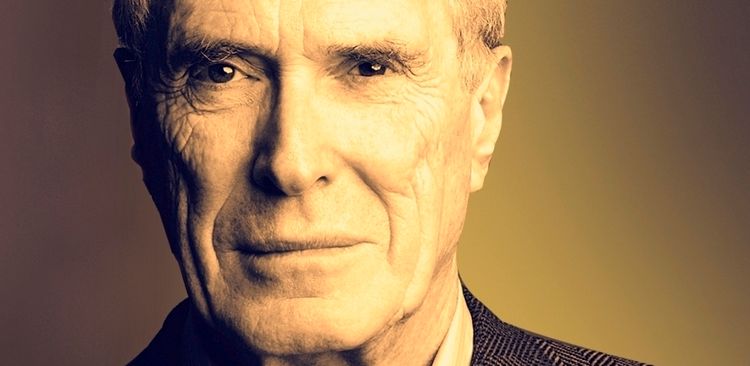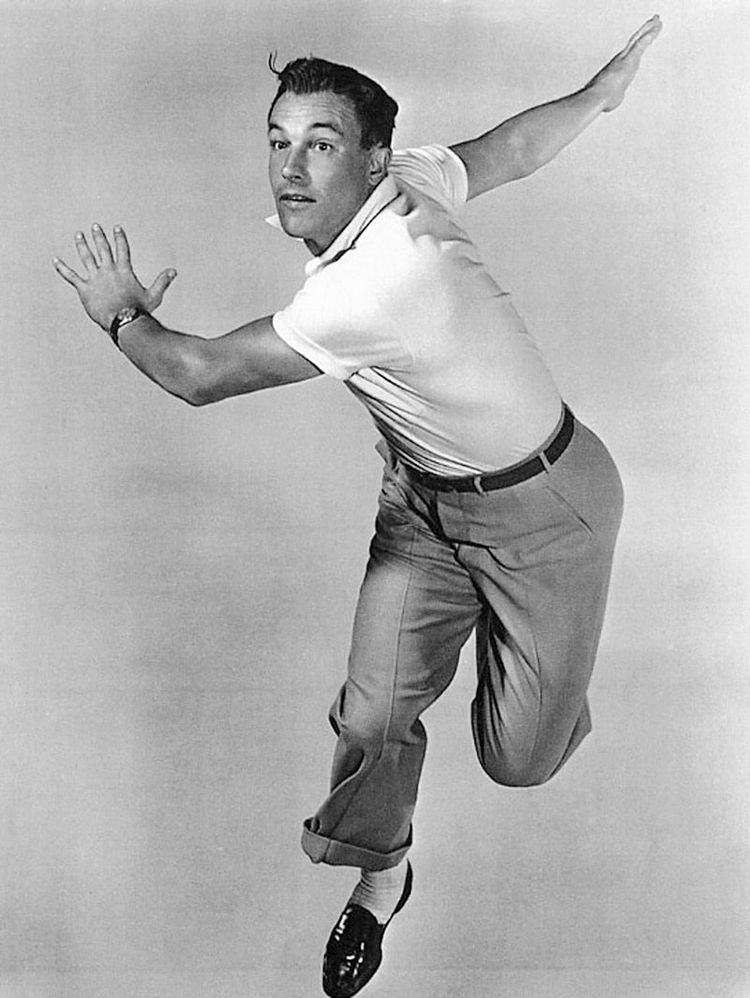What does not cometh from the gods

Or, how odd, this personality of yours.
James Clear:
The only way to become excellent is to be endlessly fascinated by doing the same thing over and over.
Dr Essai once chatted with a neuroscientist who argued strenuously that talent in sports was misattributed. He didn’t deny that genetics blessed some people with extraordinary speed or reflexes or size, or all three. If inclined to play soccer, basketball, football, tennis, et al those so blessed did begin with advantages. From the start, they were ahead.
But not by much, said the neuroscientist. Those inherent physical attributes were not what defines star athletes. The great ones, be it Jordan or Ohtani or Messi or Williams, possess superior knowledge, said the neuro. Tom Brady isn’t a great quarterback because he’s big or has a strong arm. Thousands of men are big with strong arms. Brady is great because he knows more about football, and what he has to do to play it better, than anyone else. His brain has an extraordinary store of football knowledge and the ability to process it at lightning speed. Another example: sportswriters used to talk about how Larry Bird could look at a newspaper photograph from any game he’d played as a Boston Celtic and recall where everyone else had been on the court at that moment, knowledge that informed his play every time he brought the ball forward. Wayne Gretzky could skate to where he knew the puck would go because not only did he know what the other players were going to do, he knew how the puck played off the boards differently in every NHL arena. Knowledge. The neuroscientist argued that this also explained the success of some star players’ offspring; they’d picked up some beneficial genetic traits, but more important was the knowledge they absorbed growing up with superstar Mom or Dad.
The theory is not without holes. For example, great coaches have similarly deep knowledge of the game, but many of them were mediocre players. Knowledge did not make up for their inability to hit a curve ball. But Dr Essai doesn’t throw out the idea, in part because he harbors a similar notion in regard to artistic talent.
He was raised on conventional wisdom: talent came from the gods, from the universe, from the muses, from dumb Darwinian luck. Its conferral on this person but not that one was capricious. Some got it, some don't, what are you gonna do? This viewpoint wasn’t entirely benign. It made it easier to sanction artists as weird or undeserving. Those of us not anointed with faerie dust actually had to work for a living and earn what you artsy types were given in some sort of mystical handout, like welfare from the muses.
The doctor does not ignore that there are people born with, for want of a better term, certain knacks. A knack for the striking word choice, a knack for getting a good tone out of a violin, a knack for graceful movement or playing to the camera. But knacks are not talent. They’re just little boosts that don’t get you very far on their own. What we call talent, says the doctor, is a personality quirk.
James Clear was addressing professional success. But Dr Essai has observed time and again how the finest artists are the ones whose idea of fun is spending hour after hour, day after day doing the same thing over and over and over and over. And then some more.
The true writer is happy to spend six hours at a time sitting alone, in silence, stringing words together. (And then throwing most of them out.) The best painters whom Dr Essai has known are people who, given the endless possibilities of any given day, will choose to paint and paint and paint. The best musicians he has spent time with are happiest when playing, and most of that playing is not on a stage but alone at home or in a practice room. (Dr Essai once watched a documentary film on The Rolling Stones and noted that no matter the setting or the circumstance, Keith Richards always had a guitar in his hands.) The essential personality quirk could be described as nothing more than being endlessly fascinated and pleased by the repetitive tasks that make art. When the doctor taught, the occasional student would ask, “Do you think I could become a writer?” He always replied, “I don’t know. How much do you enjoy making sentences? Because that’s what you’ll spend all your time doing.”
There is no art without a practice. There cannot be a practice without this inexplicable affinity for solitary repetition.
Dr Essai does grant that “blessed by the gods” has a romantic appeal not to be found in “if that’s your idea of fun.” He didn't design this world, he just lives in it.


Member discussion